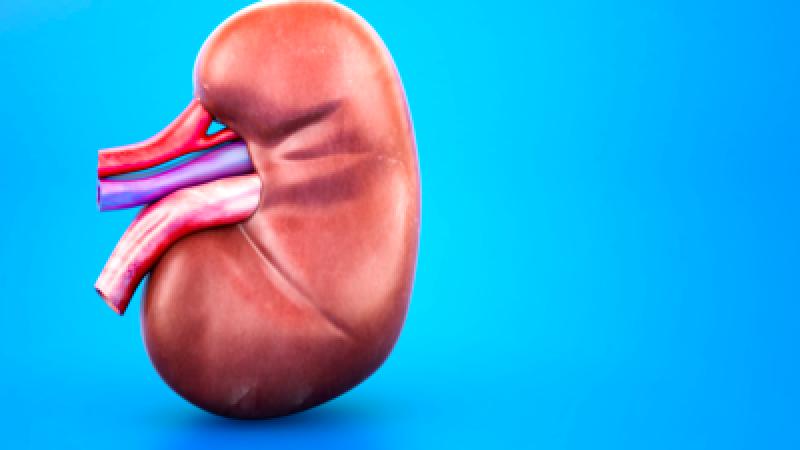
Our kidneys are important organs that play a crucial role in maintaining our health. Although most individuals have two kidneys, it is quite common to live with just one kidney. This can occur due to various reasons such as congenital issues, surgical removal, or donation. Many people with one kidney lead regular, active lives. Despite this, there are several myths surrounding the topic that can lead to unnecessary concerns. Let's address some of the most common misconceptions.
Myth 1: It is impossible to lead a normal life with only one kidney.
Fact: Many individuals with just one kidney lead healthy, normal lives as the remaining kidney can adapt and compensate to meet the body's needs effectively.
Myth 2: It is crucial to avoid physical activity with one kidney.
Fact: While high-impact sports may require caution, staying active is generally safe and even beneficial. Moderate exercise is encouraged, but it's important to consult a healthcare provider for personalized advice.
Myth 3: Significant dietary modifications are necessary with a single kidney.
Fact: Maintaining a balanced diet, staying hydrated, and avoiding excessive salt is usually sufficient for good kidney health. Drastic dietary changes are typically not required.
Myth 4: Chronic health issues are common among individuals with one kidney.
Fact: According to Dr. Nikhil Bhasin, Consultant Nephrologist and Renal Transplant Physician at Wockhardt Hospitals, Mumbai Central, most people with a single kidney do not experience major health problems. Regular check-ups and a healthy lifestyle play a vital role in monitoring and preserving kidney function.
Myth 5: Most medications need to be avoided when living with one kidney.
Fact: With correct prescription and dosage adjustments, most medications are safe for individuals with one kidney. It is important to inform your healthcare provider to ensure appropriate adjustments.
Myth 6: Donating a kidney is dangerous and reduces life expectancy.
Fact: Donating a kidney is generally safe with minimal risks or complications, and it does not typically decrease life expectancy.Content rephrased:
Donors can typically resume their usual activities within 2-3 weeks following surgery. The risk of kidney failure among donors is very low, and they often adopt a healthier lifestyle after donation.
Myth 7: Donating a kidney may impact pregnancy and childbearing.
Fact: Donating a kidney does not affect fertility. Many kidney donors successfully have children after donation, as the body can adapt well to functioning with only one kidney without impacting fertility.
Myth 8: Over time, a single kidney is likely to fail, leading to the need for dialysis.
Fact: With proper care, a single kidney can function effectively for a lifetime. Dialysis would only be required if the sole kidney fails, which is uncommon when proper care and monitoring are in place. Living with one kidney may require some adjustments to health and lifestyle but does not necessarily lead to restrictions or chronic illness. By debunking myths and understanding the facts, individuals with one kidney can continue to lead fulfilling lives. Dr. Anil Sharma shares insights on the potential benefits of homeopathy for cancer patients.











